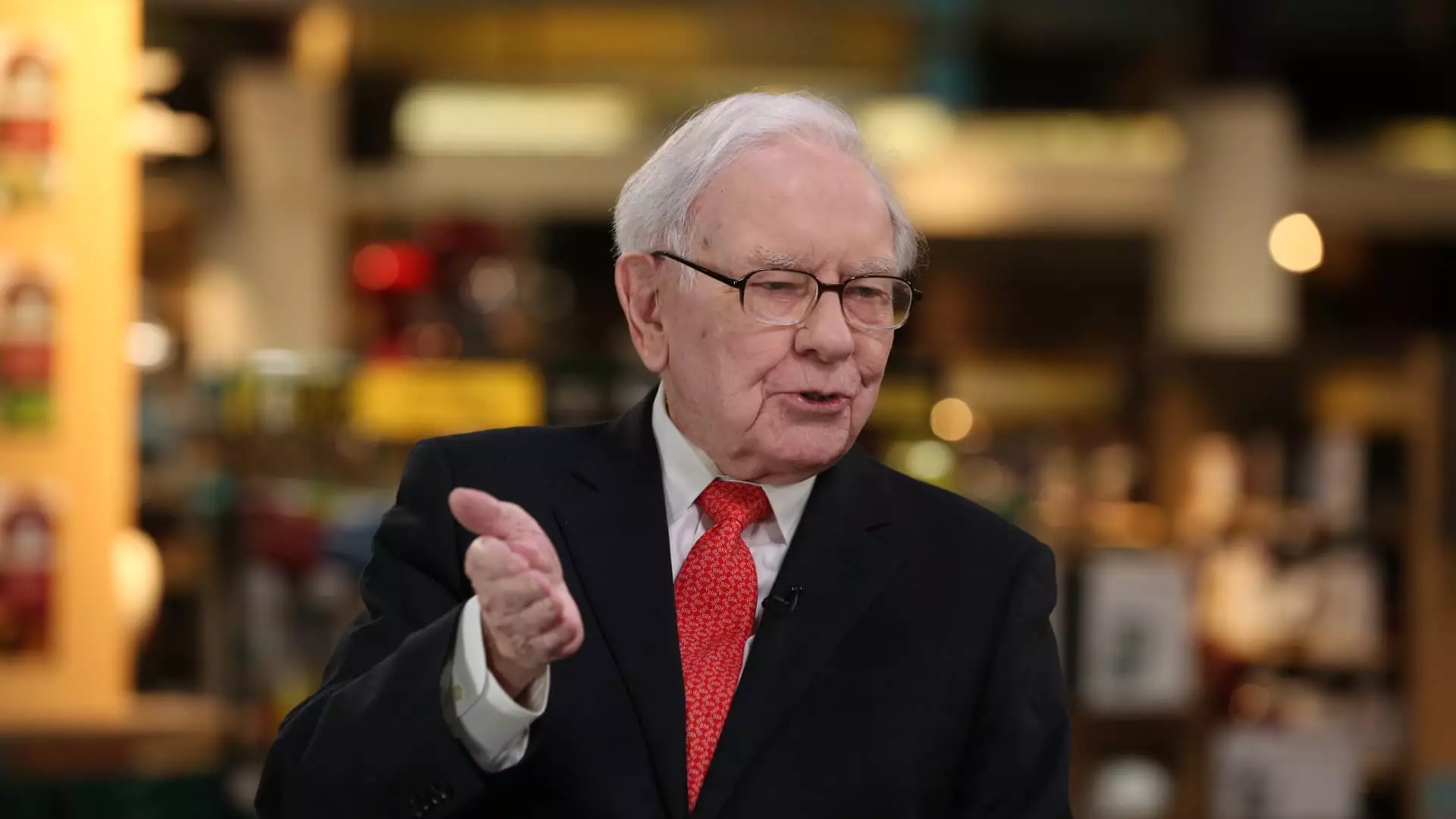The Potential Impact of Trump’s Tariff Policies: A Critical Analysis

The discussion surrounding President-elect Donald Trump’s proposed tariffs has resurfaced critical concerns about the implications for both the U.S. and global economies. As upcoming policies are set to disrupt established trade agreements, many experts fear that the revival of significant tariff measures could ignite another trade war reminiscent of the tumultuous events during Trump’s first term. This analysis seeks to unpack the various dimensions of Trump’s tariff threats and the responses from influential economic figures, notably Warren Buffett, whose insights can shed light on the potential repercussions of such a shift in trade policy.
Warren Buffett, the CEO of Berkshire Hathaway and a respected voice in the business community, expressed serious concerns regarding the strategic implications and outcomes of Trump’s intended tariff impositions. Commenting in interviews from 2018 and 2019, Buffett emphasized that while many individuals overlook the benefits of free trade, a shift toward protectionist policies can lead to detrimental economic effects—both domestically and internationally. He articulated a belief that tariffs are not merely a form of government revenue but act as a consumption tax that ultimately burdens everyday consumers. Prices for goods would likely increase, straining household budgets already grappling with economic challenges.
Buffett’s assertion that “everything intersects in the world” resonates profoundly in today’s global economy, where international trade corridors have become deeply interwoven. The potential for escalating tariffs threatens not only to trigger inflation in the U.S. but also to ripple across global markets, disrupting established supply chains and trade balances. Such interdependence means that the repercussions of a trade war are felt far beyond American borders, affecting economies around the globe. As consumer choice narrows and prices rise, the implications for economic growth can be dire.
Buffett also highlighted the critical role of education in shaping public understanding of trade policy. There exists a strong argument that leaders, particularly Presidents, need to communicate the rationale behind their decisions effectively. Without clear explanations, the public can become apprehensive, further fueling national divisions over trade practices. Buffett likened this necessity to the leadership style of Franklin Roosevelt during the Great Depression, who actively sought to educate and reassure a worried populace.
While some analysts argue that Trump’s tariff threats may serve as strategic negotiation tools aimed at achieving broader policy goals—such as combating illegal immigration or drug trafficking—others warn of the potential for real-world consequences that could unfold from these proclamations. A full-blown trade war could materialize quickly, as reactions from trading partners often involve retaliatory measures that exacerbate tensions. The prospect of such escalation urges the need for wisdom in navigating these complex economic relationships.
As the nation braces for a new era in trade policy under President-elect Trump, the commentary and analysis offered by economic titans like Buffett will remain pivotal. Whether these tariffs will materialize as genuine policy or merely as posturing remains to be seen. However, the conversation surrounding tariffs serves as a reminder of the delicate balance required in global economic dynamics, where policies can cripple consumers and economies alike, necessitating thoughtful and informed leadership. The ongoing discourse highlights how critical it is for economic leaders to guide their countries through uncertainty with clarity and foresight.





